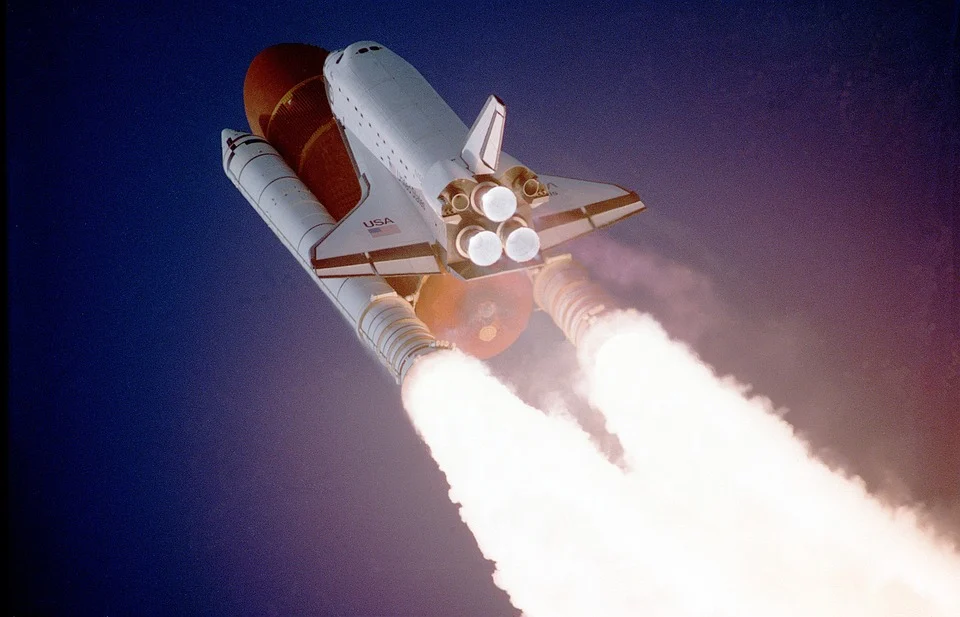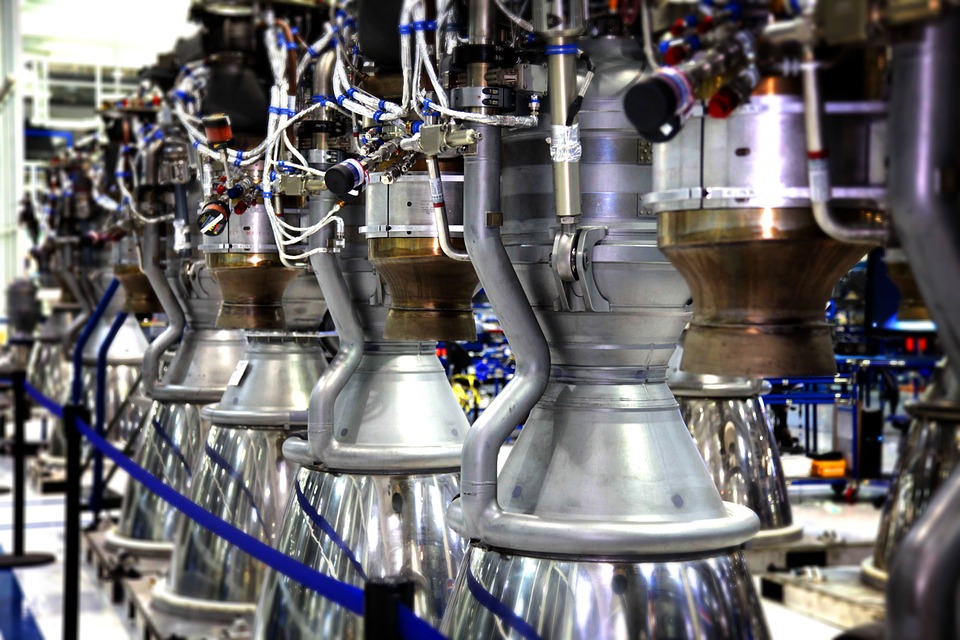Ultrasonic Cleaning several types of machined parts, castings, welded assemblies, tubes assembly etc. are pressure tested from the inside-out or they are tested for pressure from the Outside-In method using Helium leak test systems.
Inside-Out Pressure testing and Outside-In Helium leak testing are performed using compatible media to verify that they hold a predetermined pressure and are free of permanent deformation or ruptures or cracks due to material fatigue caused by other testing, poor welds, cracks, or material fatigue.
For Helium leak testing, two methods are used:
- One is vacuum testing where the hardware is connected to a vacuum system, evacuated up to 1 atm pressure differential and subjected to a helium atmosphere.
- The second method pressurizes the hardware with helium to a recommended pressure and the part’s surface area is ‘sniffed’ with an attachment to the helium leak detector.
Ultrasonic Cleaning operates four Helium Mass Spectrometers capable of detecting leakage rates of 1 X 10 -11 scc/sec. Along with the leak detectors Ultrasonic Cleaning utilizes 9 hydrostatic pumps, 1 pneumatic pump, 1 hydraulic pump used in conjunction with a variety of NIST calibrated gauges to certify actual pressure.
Ultrasonic Cleaning is devoted to the highest quality pressure testing and helium leak testing services in our parts cleaning industry. UCC has many long-term client relationships that have been developed consistently with repeated reliability and constant high-quality standards and ratings.
Helium is the best choice of a tracer gas to find leaks for a number of reasons. It is non-toxic, inert, non-condensable, non-flammable and is not normally present in the atmosphere at more than trace amounts (5 ppm). There are two main methods to leak test parts using helium: vacuum testing (outside-in) and pressure testing (Inside-out). The detection method should be selected based on the working conditions of the part to be tested.
Over 50 years of performing many challenging parts cleaning experiences has helped UCC gain the knowledge to tackle unusual cleanliness projects and pressure testing jobs that are often too complicated or critical to allow a less experienced lab to perform without jeopardizing quality, parts performance and reliability.




